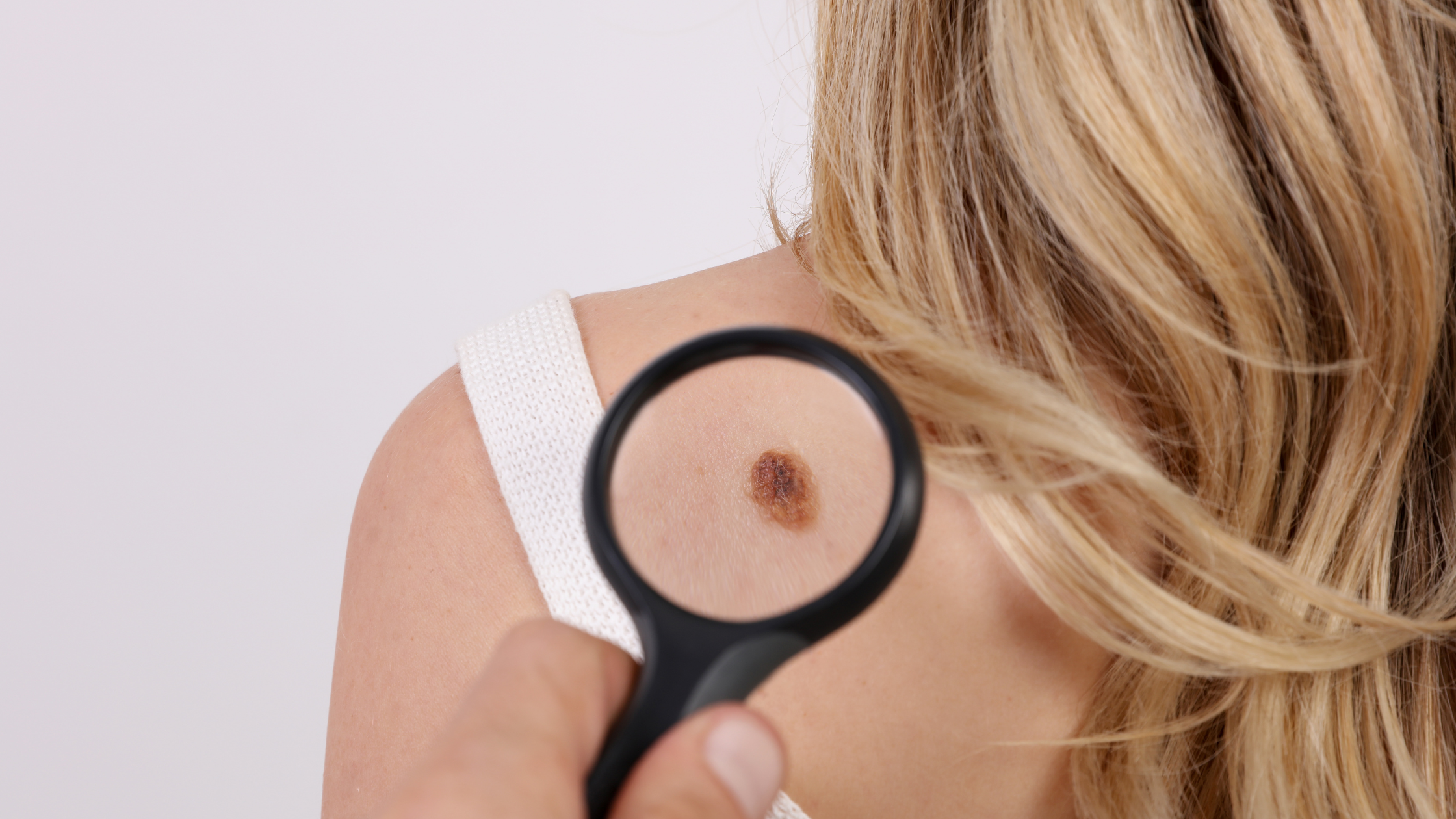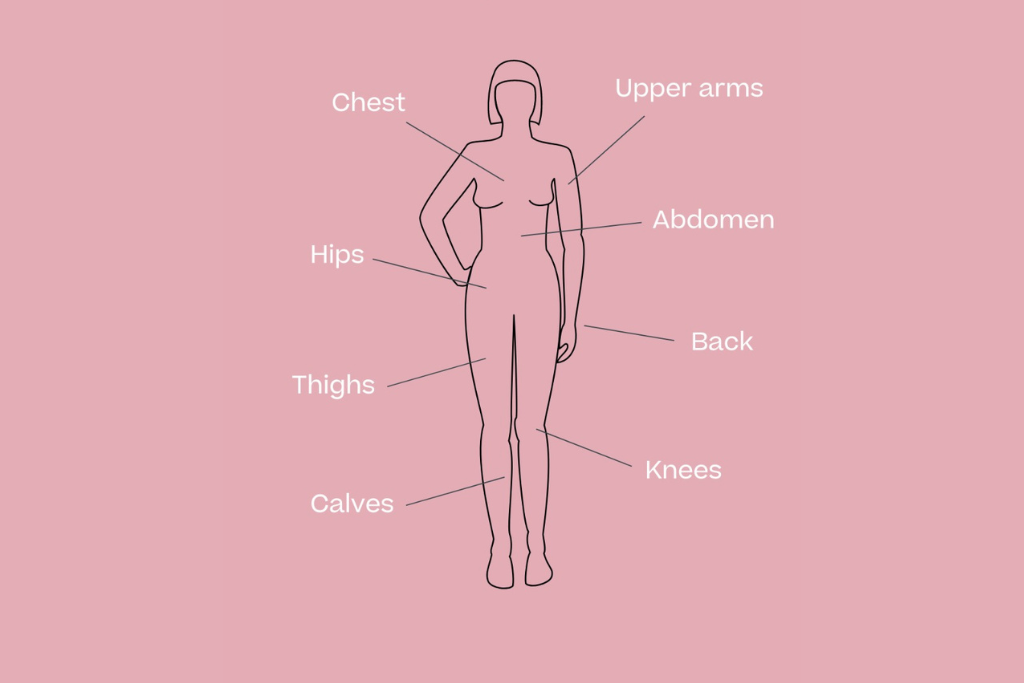Gain expert insights and advice to keep your skin healthy and blemish-free this summer.

Summer is a season of sun and fun, but it also brings challenges for our skin. The scorching sun, high humidity, and increased outdoor activities can take a toll on our skin if we don't take proper care of it.
Some acne sufferers may mistakenly believe that using sunscreen will make their skin condition worse. However, for those with acne-prone skin, it is crucial to still wear sun cream but to choose lightweight, oil-free sun cream that absorbs into the skin easily.
If you have sensitive, acne-prone skin, the last thing you want is to apply a thick, greasy lotion to your face. Fortunately, not all sunscreens will leave a greasy residue or aggravate existing blemishes. It is essential for everyone, particularly those with skin conditions like acne, to incorporate daily sun protection into their skincare routine.
Many acne medications and treatments like Roaccutane increase the skin's susceptibility to sunburn, making SPF an absolute necessity for acne sufferers. Even without taking acne medication, sun damage and the risk of skin cancer are concerns that affect everyone. Additionally, shielding your skin from harmful UVA and UVB rays, which can dry out the skin, will help prevent further inflammation and redness that can worsen acne.
Our Private Dermatologist Dr Tim Clayton featured in a recent piece for The Sun, focusing on the benefits of SPF when it comes to acne.
Is SPF good for acne?
Regardless of your skin type, you should be wearing an SPF daily - and an SPF of 30 and up on sunnier days.
According to Dr Tim Clayton, SPF is very important for those who are prone to acne.
"The UVA and UVB rays from the sun can make areas of hyperpigmentation much more noticeable and can cause further acne breakouts when there is increased debris on the surface of the skin," he said, "These rays can also prevent acne scars from fading, additionally too much sun exposure can inflame an already existing acne break out."
Which sunscreen is best for oily acne skin?
If you’ve got acne prone skin, dermatologist Dr Clayton from Pall Mall Medical recommends looking for a lightweight formula that doesn’t feel greasy and isn’t an oily consistency. "Look out for gel-based formulas that are oil-free and non-comedogenic (a facial product that has minimal pore-blocking properties)," he said.
Popular sun creams by Roche-Posay, Supergoop, Eucerin, Heliocare and Ren, Clinique, and pretty much every SPF in this article are oil-free or have minimal pore-blocking properties.
Does sunscreen make spots worse?
Some sun cream formulas can block pores and, in turn, cause acne breakouts. You'll find this predominantly with heavy formulas, as these often clog pores and irritate already vulnerable pores or inflamed skin, explained Dr Clayton.
However, with skin cancer being the most common form of cancer, Dr Clayton says, "Sun cream is something you should never skip!"
"Acne-targeted products can make the skin even more susceptible to UV damage, so it’s imperative to apply sun cream if you have sensitive or acne-prone skin," he explained.
If you suffer with acne and would like to speak to an expert, you can book a private Dermatology consultation.
Dermatology Consultation
- Get the answers you deserve
- Same day diagnosis tests
- Personalised treatment & aftercare
Dermatology FAQ's
Why book an appointment with a Private Dermatologist?
Don’t let your skin knock your confidence. Whatever your condition or concern, we are here to help.
When you’ve tried countless different creams and nothing seems to be working, it’s time to see a Dermatologist. We recognise that painful symptoms and skin insecurities can hugely impact your quality of life.
You should consider seeing a Dermatologist if you:
Have persistent dry or itchy skin
Have spotted a concerning mole on your skin
Notice skin discolouration
Are concerned about your acne
Feel insecure about your skin texture
Have scars (from acne or an injury, for example)
Do I need a referral to see a dermatologist at Pall Mall?
No referral is required. You can book directly with our private dermatology team without going through an NHS or GP referral.
Can I spread the cost of a dermatology treatment or consultation?
Yes. Pall Mall offers flexible medical finance plans and interest-free instalment options to spread the cost.
Enquire About Our Dermatology Services
A member of our team will be in touch with you to discuss your requirements.
We have experience of delivering 5 star services to over 10,000 patients every year.
This is why our patients rate us Excellent on Trustpilot.
Always here to help, whenever you need us
Our expert team are always here to help, advise and arrange appointments with our specialist consultants.







